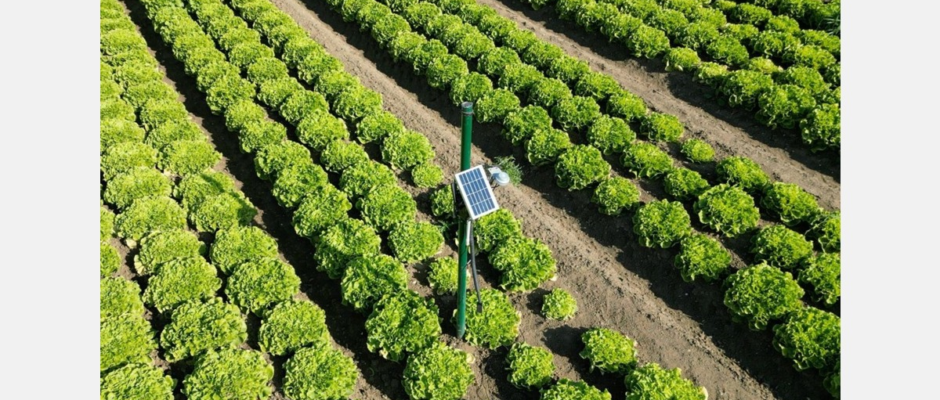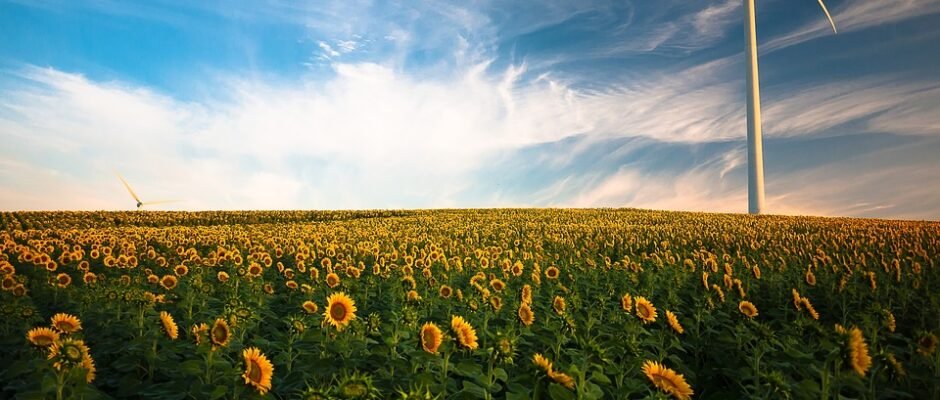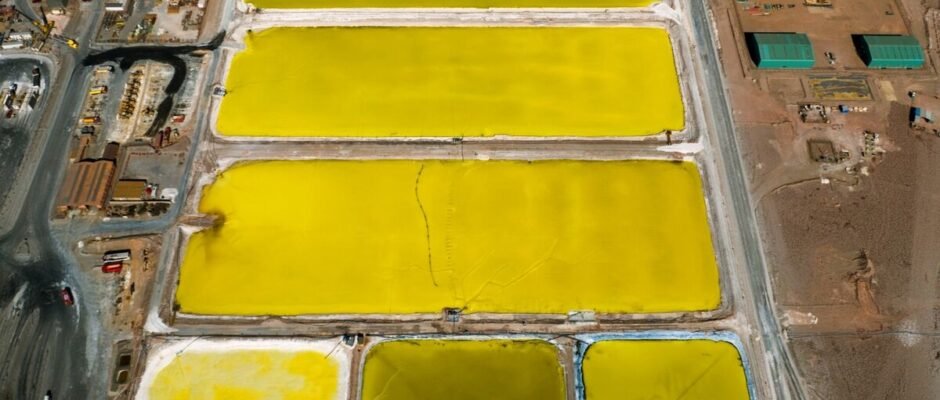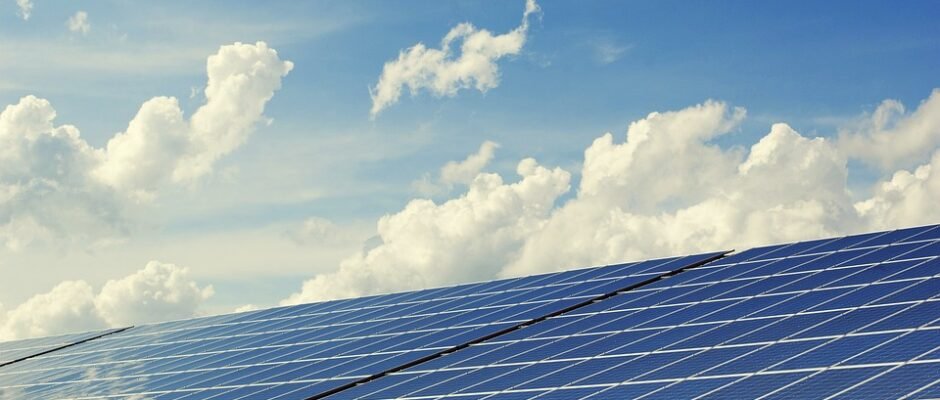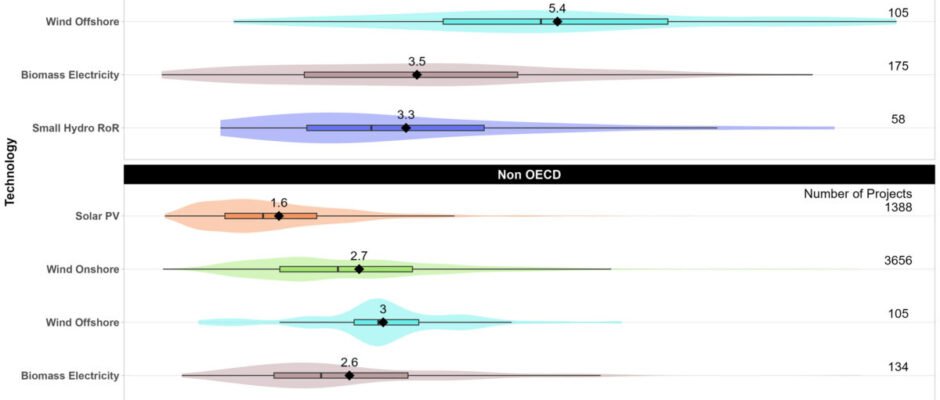A Nazareth resident’s journey to COP28 in Dubai and her understanding of global warming.
The United Nations Climate Change Conference (COP28) was expected to be a highly significant event in global history. However, the information that has reached the public represents only a fraction of the whole story. This is not merely an assumption but affirmed by Olivia McMahon, a Nazareth mother of two who identifies herself as a […]




